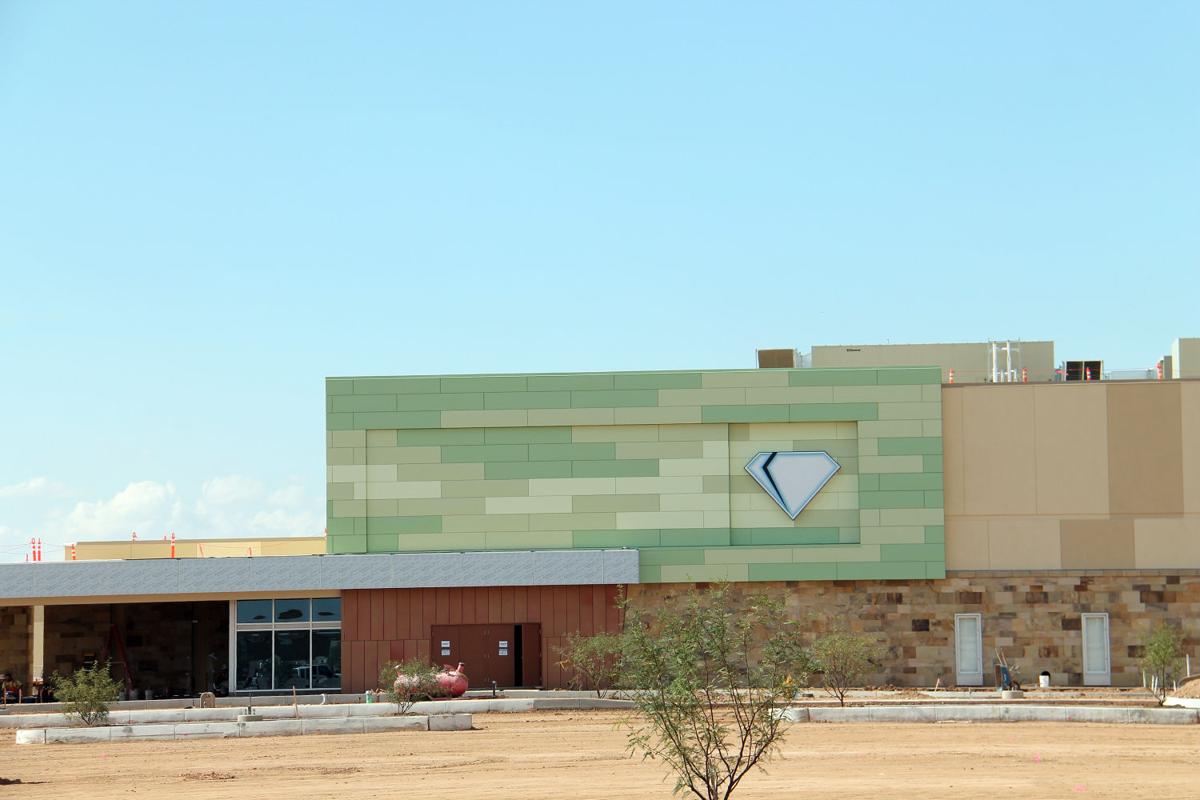PHOENIX — In a stunning setback for the state and other tribes, the U.S. House failed late Monday to pass legislation that would have blocked the Tohono O’odham Nation from operating a casino adjacent to Glendale.
The vote was 263-146 for the measure sponsored by Republican U.S. Rep. Trent Franks, in whose district the casino would be located. But Franks and supporters pushed to have the measure heard in an expedited fashion, without opportunity for full-blown debate and floor amendments. And legislation can be approved in that fashion only on a two-thirds vote.
Franks spokeswoman Destiny Edwards said the congressman has no plans “at this time” to bring the measure back through the regular debate process, where he would need only a simple majority in the Republican-controlled House.
Democrat Raúl Grijalva, who led the opposition, said it was a victory for the Tohono O’odham Nation over other tribes, whom he called “outside interests who hoped to use Congress to block competition.”
Monday’s vote means the tribe will be able to open its doors on schedule next month.
A 2002 Arizona ballot measure gave tribes the exclusive right to operate casinos.
Franks said it was sold to voters as limiting gaming to existing reservations. But he said the Tohono O’odham “deceptively purchased” land on which it has built a “Las Vegas-style casino.”
But Grijalva, in whose district the rest of the Tohono O’odham reservation is located, dismissed the objections as rhetoric spread by other tribes who “don’t want the competition.”
U.S. Rep. Ruben Gallego, also an Arizona Democrat, sided with Grijalva against HR 308, citing the jobs the new casino is creating.
That, however, brought a sharp retort from Republican U.S. Rep. Paul Gosar of Arizona, who said that excuse “should not be utilized by a criminal extortion for violation of the Indian Gaming Act.”
He read into the record minutes of tribal meetings ahead of the 2002 vote in which officials discussed their plans to build a new casino despite what voters were being told. And Gosar said federal legislation is needed to hold the tribe “accountable for their shameful, deceitful and criminal actions.”
A 1986 law gave the tribe $30 million after a federal dam project flooded nearly 10,000 acres of reservation near Gila Bend. It allowed the tribe to use the funds to buy replacement lands and have them made part of the reservation.
That’s exactly what the tribe did in 2003, buying land near Glendale, albeit under a fictitious name. It was only in 2009 that the tribe revealed its true ownership and its plans for a casino.
This measure said the tribe can keep the land, but just not operate any kind of casino on it until 2027.
Federal courts, throwing out lawsuits by the state and other tribes, have said the casino does not violate the voter-approved gaming compacts, regardless of what voters may have been led to believe.
But Franks noted a federal judge said tribal immunity precluded him from ruling on whether the there was fraud. Franks said that makes federal legislation the only remedy to stop the casino.
One factor that may have swayed votes is the question of federal liability.
In a report earlier this year, the Congressional Budget Office said the tribe is likely to sue if its gaming plans are blocked, estimating the liability to taxpayers at up to $1 billion in lost profits over the next decade. But Franks said there is no evidence the tribe would win such a lawsuit, saying the CBO was “lobbied to do that.”





